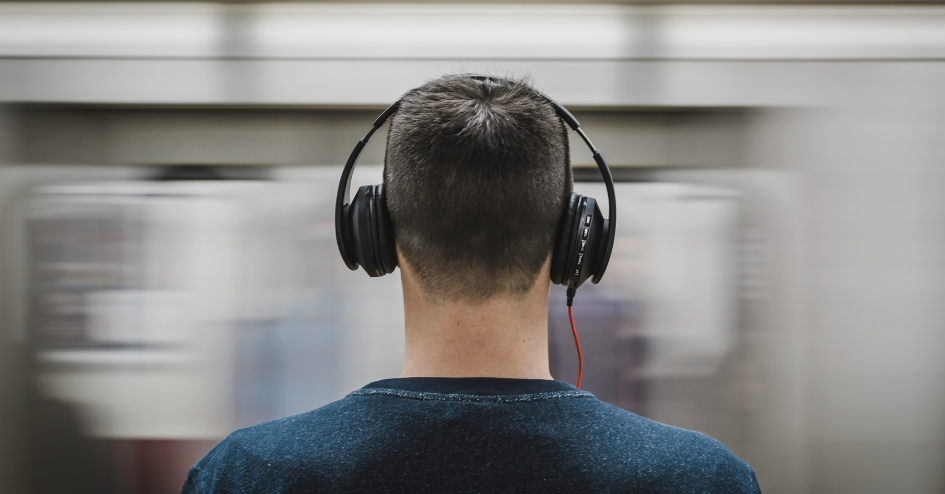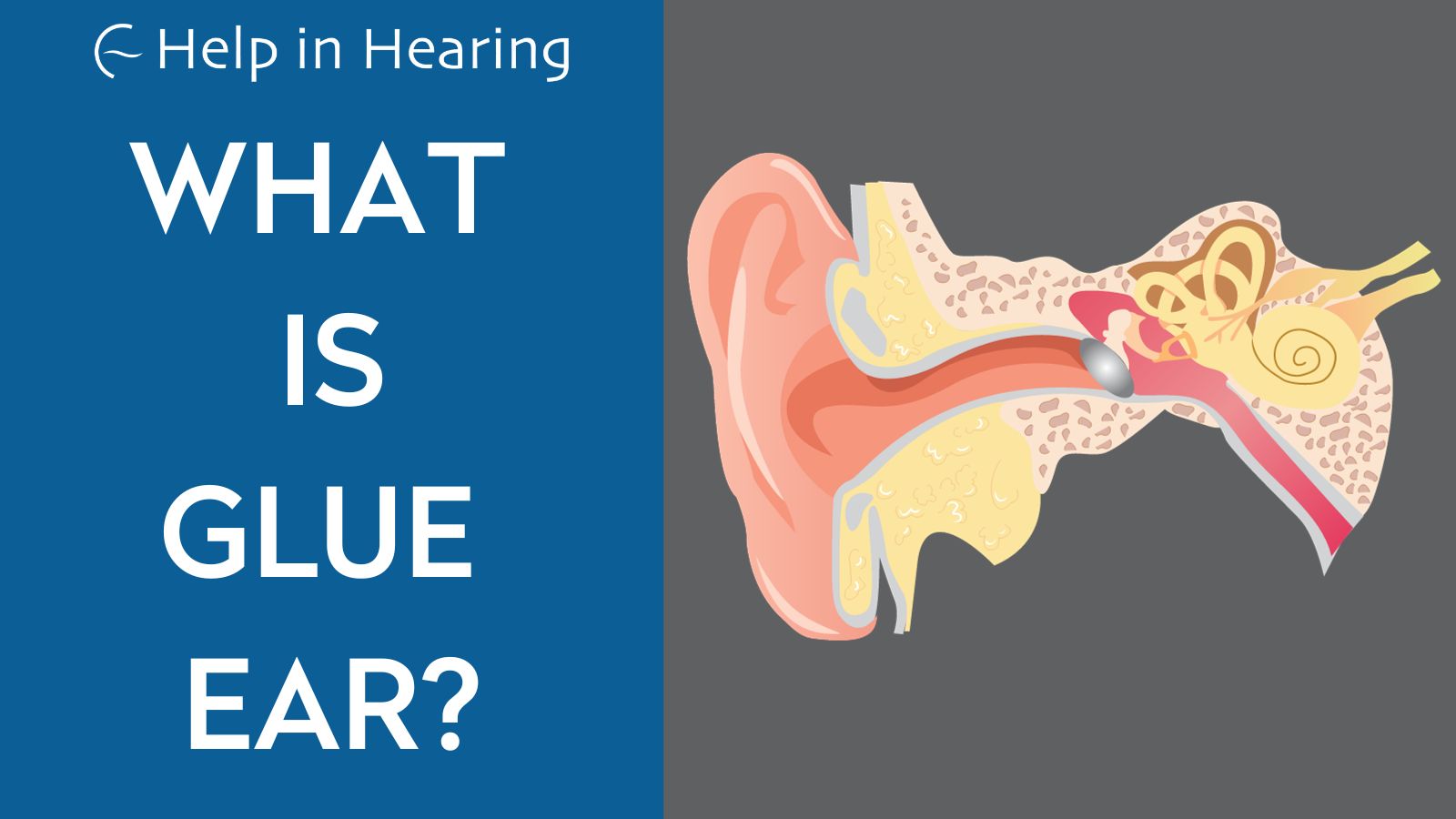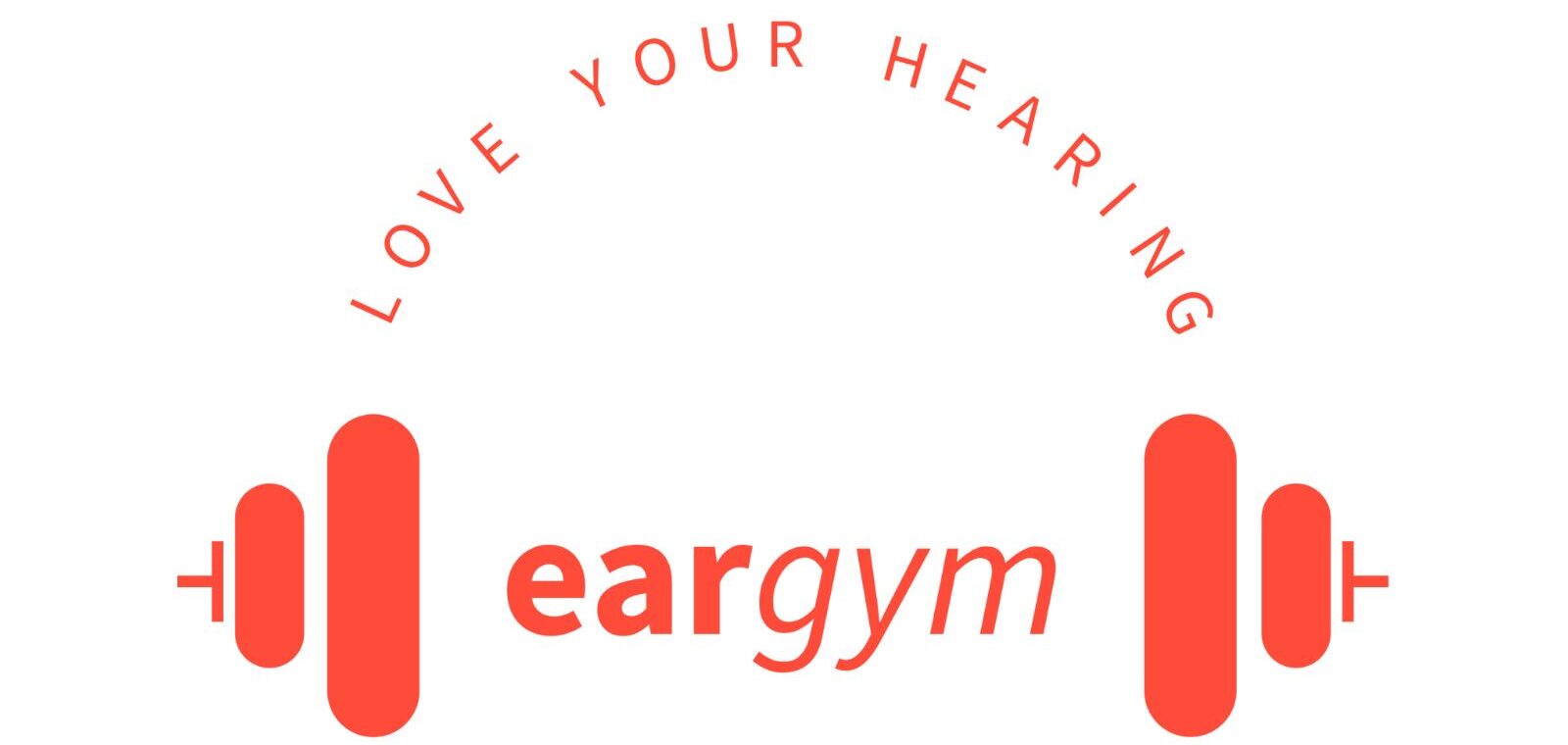
The Dangers of Overusing Headphones
The World Health Organisation (WHO) recently shared some startling news: it is thought that over 1 billion people aged 12 to 35 years old risk losing their hearing due to prolonged and excessive exposure to loud music and other recreational sounds. WHO defines this as noise-induced hearing loss, which can be caused by either:
- Exposure to moderately loud noise (85 decibels or above) for more than eight hours.
- Short-term exposure to very loud noise (100 decibels or above) for 15 minutes.
Many young people listen to music through headphones at maximum volume for long periods of time which can cause noise induced hearing loss. This has become a problem as headphones aren’t regulated, which means that users can turn the volume up as loud as they want for as long as they want. Apple iPhone users, for example, can turn the volume all the way up to a whopping 102 decibels which could damage listeners’ hearing after just a few songs.
But why do headphones cause a hearing loss? Well, if you think about it, our ears aren’t suited to hear loud noises, but they can detect incredibly low levels of noise. This is because our ears are designed as a survival tool; in the natural world we rarely come across extremely loud noises, but we would encounter subtle ones. Our ears are therefore not evolved to manage louder noises which is why introducing louder sounds that are artificially produced through headphones can end up damaging our ears.
Noise Induced hearing loss
Louder music increases the vibration of hairs in the cochlear which are there to help us to distinguish different sounds; if the vibrations are too intense for too long, the hairs get overwhelmed and stop working properly. This can lead to one of two things happening: the hairs can recover over time, for example when you leave a concert and temporarily find it harder to hear, or alternatively, sometimes the hairs are unable to recover, resulting in a noise-induced hearing loss.
Headphones not only pose a serious threat to peoples’ hearing but also to their comfort and wellbeing. Using deep lying ear buds, such as Apple AirPods blocks the natural flow of air into the ear canal which can cause a moisture build up and could lead to excessive earwax production. If left untreated, the increased production of moisture will create a fertile breeding ground for bacteria, which could cause an external infection.
Different types of headphones can affect your hearing in different ways. Over-the-ear headphones encase your ear and are often better at cancelling outside noise; the better sound quality allows you to listen at a lower volume, which is better for your ears. Earbuds, on the other hand, allow for more outside noise to enter your ear, which could be a safer option if you’re outdoors, near traffic or in close quarters with other people. Isolating earbuds have rubber tips that seal the ear canal and restrict airflow.
Protect your hearing
To protect your hearing, you should try to vary the way that you are listening to sound by not only using headphones and earphones, but also using portable speakers, as well as listening directly through the computer or television. Unlike music, which is usually at one consistent level, conversations and tv shows can change in volume based on who is speaking; there are also natural pauses in conversations which give your ears a bit of a break. When listening to music, as a preventative measure, you should try to operate using a 60/60 rule, limiting your exposure to constant loud noise to 60 minutes a day at 60% of the maximum volume. This should help reduce your chances of developing a noise-induced hearing loss.
If you or a loved one have any questions or concerns about your hearing after headphone use you can book an appointment today, just call 0345 2220579 or email mail@helpinhearing.co.uk to talk to one of our expert audiologists about our hearing protection options, or book in for a hearing assessment.




This Post Has 0 Comments